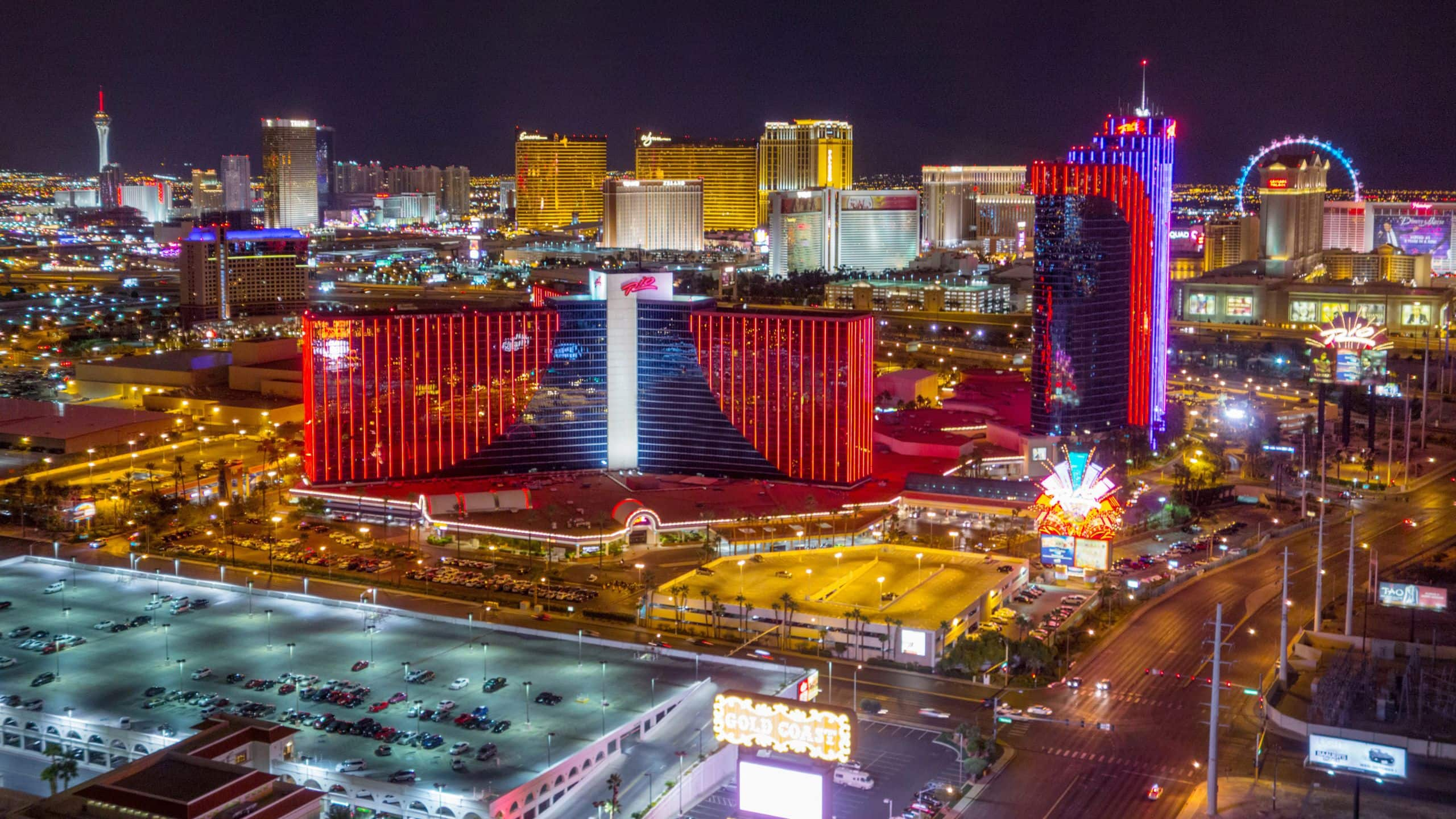How many hotel rooms are in Las Vegas? This question is often asked by travelers, investors, and industry professionals alike. With its reputation as the entertainment capital of the world, Las Vegas boasts a vast array of accommodations to cater to millions of visitors each year. The city’s hospitality sector is one of the most competitive and dynamic in the United States, with a wide range of hotels and resorts offering everything from budget-friendly options to luxury suites. Understanding the number of hotel rooms available in Las Vegas, along with occupancy rates, can provide valuable insights into the city’s tourism economy and the experiences that visitors can expect.
The Scale of Hotel Rooms in Las Vegas
Las Vegas is home to over 150 hotels and resorts, each contributing to the city’s impressive inventory of hotel rooms. According to recent data, the total number of hotel rooms in Las Vegas exceeds 160,000. This figure includes properties ranging from the iconic Bellagio and Caesars Palace to more modest establishments like the Palms and Circus Circus. The sheer volume of rooms ensures that there is always a place to stay, regardless of when a visitor arrives. However, availability can vary significantly depending on the time of year, special events, and other factors that influence demand.
The distribution of these rooms across different price points and types of accommodations is also worth noting. High-end resorts tend to have fewer but more spacious rooms, while budget hotels often offer a higher number of units at lower prices. This diversity allows Las Vegas to cater to a broad spectrum of travelers, from families and couples to business professionals and tourists seeking unique experiences.
Factors Influencing Hotel Availability and Occupancy Rates

Hotel availability and occupancy rates in Las Vegas are influenced by several key factors. One of the most significant is the timing of major events, such as the Consumer Electronics Show (CES), the NBA All-Star Game, and various conventions and trade shows. During these periods, occupancy rates can soar to over 90%, making it essential for travelers to book well in advance. Conversely, during off-peak seasons, such as late fall or early spring, availability may be more plentiful, and prices could be more competitive.
Another factor that affects occupancy rates is the overall health of the tourism industry. Economic downturns, changes in consumer behavior, or global events can all impact the number of visitors coming to Las Vegas. For example, the COVID-19 pandemic led to a sharp decline in hotel occupancy, with some properties temporarily closing or reducing their operations. As the city has rebounded, occupancy rates have gradually increased, reflecting the resilience of the local hospitality sector.
Additionally, the rise of online booking platforms and travel apps has made it easier for guests to find available rooms and compare prices. This increased transparency has put pressure on hotels to maintain competitive pricing and improve their service offerings. Some properties have even introduced flexible booking policies and loyalty programs to attract and retain customers.
Tips for Securing the Best Hotel Deals in Las Vegas

For those planning a trip to Las Vegas, understanding how to navigate the hotel market can make a big difference in both cost and comfort. One of the best strategies is to book early, especially if visiting during a busy season. Many hotels offer early-bird discounts or special promotions for reservations made weeks or even months in advance. Additionally, using price comparison tools and checking multiple booking sites can help identify the most favorable deals.
Another tip is to consider alternative accommodation options beyond traditional hotels. Resorts often include amenities such as pools, spas, and dining areas, which can enhance the overall experience. For budget-conscious travelers, staying at a hotel located slightly outside the Strip might offer significant savings without sacrificing access to major attractions.
Travelers should also be mindful of the time of day when booking. Some hotels release new availability at specific times, and being proactive can increase the chances of securing a preferred room type. Furthermore, reaching out directly to the hotel’s reservation team can sometimes lead to last-minute upgrades or exclusive offers that aren’t available through third-party platforms.
The Future of Hotel Rooms in Las Vegas
As Las Vegas continues to evolve, so too does its hotel landscape. New developments and renovations are constantly reshaping the city’s skyline, adding to the existing inventory of rooms. The focus on sustainability and technology is also influencing how hotels operate, with many implementing eco-friendly practices and smart room features to meet modern traveler expectations.
In the coming years, the demand for hotel rooms in Las Vegas is expected to remain strong, driven by the city’s ongoing appeal as a premier destination. However, the industry will need to adapt to changing trends, including shifts in travel patterns and the increasing importance of personalized experiences. By staying informed about the latest developments and leveraging available resources, travelers can ensure they find the perfect place to stay in this vibrant and ever-changing city.



